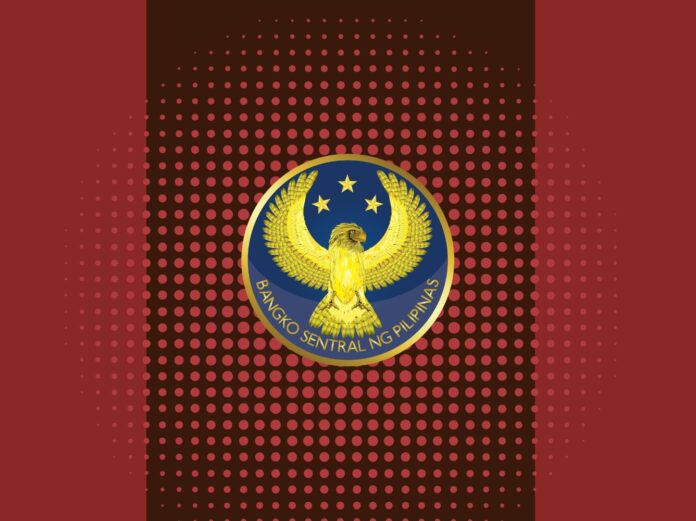The Bangko Sentral ng Pilipinas (BSP) has launched an investigation into bank accounts linked to the recent flood-control corruption controversy, invoking for the first time the newly enacted Anti-Financial Account Scamming Act (AFASA), or Republic Act No. 12010.
The probe, initiated under AFASA’s provisions against money muling, targets individuals suspected of using bank accounts to receive or move proceeds derived from criminal activity. Section 4(a) of the law specifically prohibits such transactions and carries penalties of six to eight years’ imprisonment, fines ranging from ₱100,000 to ₱500,000, and possible civil forfeiture of assets.
BSP General Counsel Roberto Figueroa said the central bank is exercising its expanded authority to assist in the broader government crackdown. “The BSP is using AFASA for the first time to join and assist other agencies in investigating and prosecuting the persons alleged to be involved in these crimes,” Figueroa said.
The central bank’s move follows a formal request from Department of Public Works and Highways (DPWH) Secretary Vince Dizon, submitted on Monday. The BSP has reminded regulated entities to comply with Section 7 of AFASA, as outlined in BSP Circular No. 1215, series of 2025, which mandates temporary holding of suspicious funds.
Notably, the AFASA overrides bank secrecy and data privacy laws for accounts under investigation. Material information gathered by the BSP can be used in prosecution or further investigation of AFASA-related offenses.
Separately, the Court of Appeals issued a freeze order on the same set of accounts on Tuesday following a petition from the Anti-Money Laundering Council (AMLC).
The BSP was among the key agencies that supported the passage of AFASA, which took effect in June. The law aims to combat various scams by empowering authorities to act swiftly against financial fraud, including complex schemes to launder illicit funds using assets like property, luxury items, gambling, or art.







